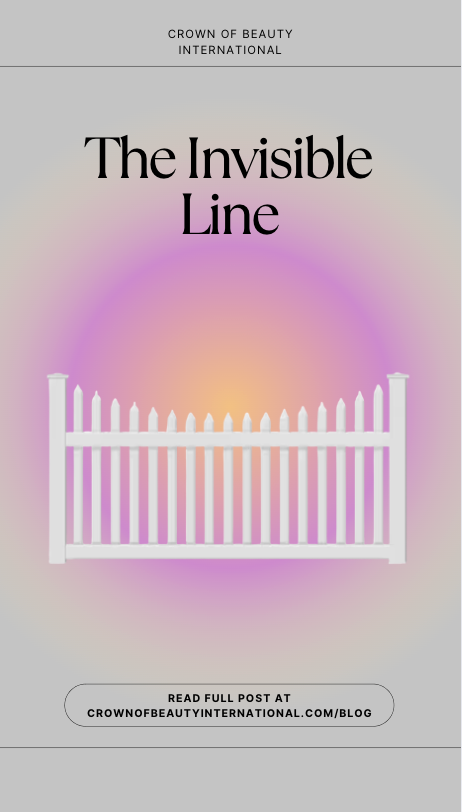Hatred - Nailed to the Cross
- Crown of Beauty International Blog

- Apr 2, 2021
- 3 min read

Hatred . . . Who me? Hatred is a horrible feeling. It is not something that most of us want to feel or admit to. And yet, when we refuse to forgive someone or ourselves, it often comes from a root of hatred. Unknowingly, hatred can be passed down from one generation to another. When we grow up around people who express their hostility toward us, another individual, a group, or even a race, we sadly can take hold of these oppressive perspectives.
None of us are exempt from the temptation to fall into hatred. When injustice falls on our doorstep, the enemy seizes this opportunity to introduce us to this dangerous evil companion. When we are falsely accused, when someone we love is wrongly hurt, when we lose someone we care about; hatred crouches at our door.
Look at the heart of Jonah. A prophet. A servant of God. Yet, a part of his heart was blackened by the cancer of racism. Growing up in northern Israel in the 8th century B.C., he had listened to the stories of the past brutality of the Ninevites toward the Jews. The prophet Nahum lets us know that these rulers of Assyria were terribly cruel (see Nahum 3:1-4). Monuments from the Assyrians have been excavated in modern[1]day Iraq that show they would cut off body parts; they even ripped off peoples’ skin and displayed it on the city walls. They destroyed nations through acts of violence, deception, and idolatry; their religion was that of Satanic worship. For these reasons, God sent Jonah on a mission to tell them of His intent to judge and destroy them.
Jonah was eager for God’s judgment to come upon them. However, he had a hunch that if he went to Nineveh and prophesied, the people would repent, and God would have mercy on them. The seed of racism was deep in his heart. Jonah said he would rather die than see the Ninevites forgiven (see Jonah 4:3). As the story comes to an end, we see the Ninevites repent and Jonah turn his anger and disappointment toward God. The Lord patiently counsels Jonah as to the value of the lives of these 120,000 people.
Though God judges the wicked, he also forgives when they sincerely repent. The Lord held back his judgment on the repentant Ninevites for one hundred twenty years. After that time, they turned back to their wicked ways, and God’s wrath fell upon them.
As difficult as it may be, God calls us to forgive our enemies. As I write this, the day is Good Friday when we celebrate and give thanks to God for the greatest gift of love ever given to the world. Completely innocent, Jesus sacrificed his life on the cross, taking the punishment for our sins upon Himself. He did this to open the doors for us to be forgiven and receive an eternal relationship with the living God!
Instead of hatred for His offenders, Jesus said: “Forgive them for they know not what they do” (Luke 23:34). Years before this amazing act of love, God spoke through the prophet Isaiah to let us know of His redemptive provision. “But He was pierced for our transgressions, He was crushed for our iniquities; the punishment that brought us peace was upon Him, and by His wounds, we are healed” (Isaiah 53:5).
Sisters and brothers, turn to God with any feelings of hatred, racism, or unforgiveness. Release these feelings to God. Ask for forgiveness for your bitterness and judgment. Trust the Lord, our Righteous Judge that in His timing, He will deal with the sins of our offenders. Forgive your enemies. “But I (Jesus) tell you: love your enemies and pray for those who persecute you that you may be sons and daughters of your Father in heaven” (Matthew 5:44-45). Let us come out of this difficult season with a new normal, a heart of forgiveness and love, even for our enemies.
Today’s Bible Reading: Isaiah 53:4-6; Matthew 5:43-48; Jonah 3-4
By Sue Corl




Comments